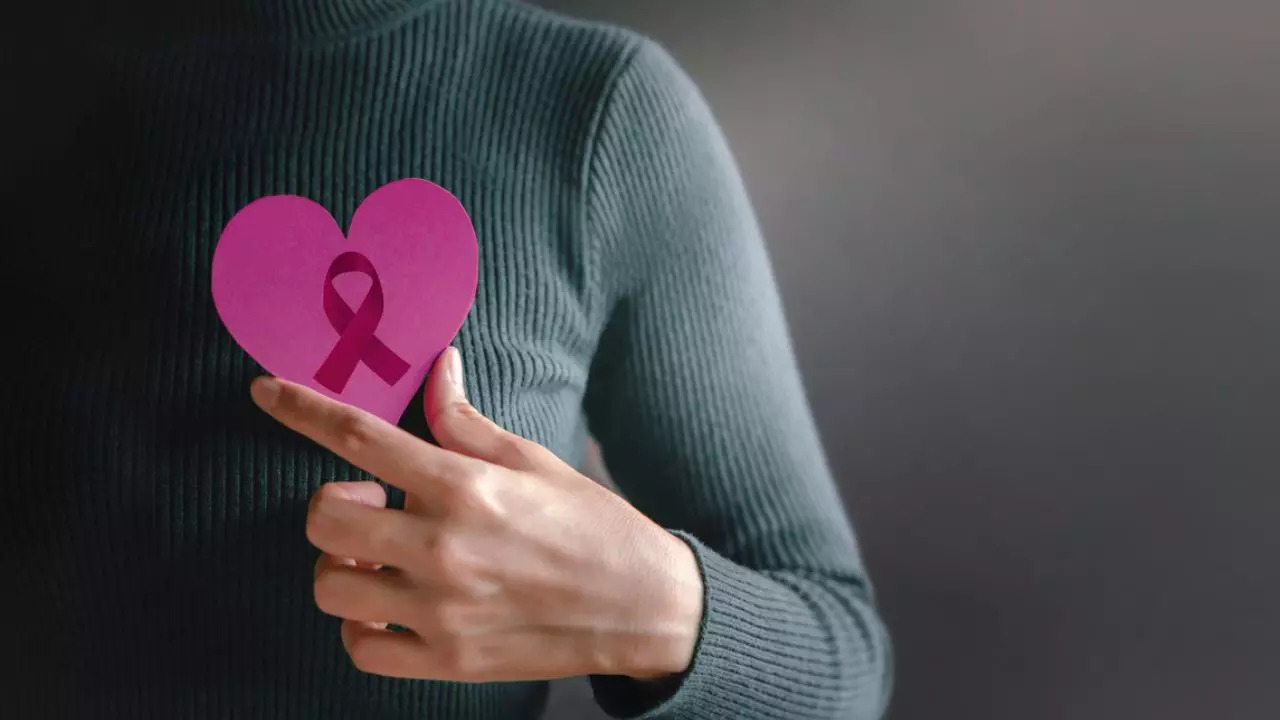-
news
-
Health
Why is genetic testing important for detecting breast cancer? expert weight
Genetic testing has advanced significantly for early detection. Many laboratories now offer hereditary germline mutation panels, including BRCA1 and BRCA2 tests. These tests can be done using a patient’s blood sample, saliva, or tumor tissue.

Why is genetic testing important for detecting breast cancer? Expert Weight (Image: iStock)
Breast cancer cases are increasing globally lifestyle Changes are an important factor in this change, leading to genetic Mutations that make cells more susceptible to abnormalities and the formation of cancer. While 85% of breast cancers are sporadic, 15% are genetically induced. Family history of cancer, especially breast cancer, plays an important role in its diagnosis and treatment.
Dr. Sandeep Bipte, Breast Surgery at PD Hinduja Hospital and MRC, explains how many genes are responsible for breast cancer, but BRCA1 and BRCA2 mutations contribute to 70-80% of hereditary breast cancers. “Detecting these mutations is important for treatment and prevention, as it helps reduce the risk of developing new cancers in the other breast or ovary,” he says.
recently, genetic testing Much progress has been made in early detection. Many laboratories now offer hereditary germline mutation panels, including BRCA1 and BRCA2 tests. These tests can be done using a patient’s blood sample, saliva, or tumor tissue.
Genetic testing is indicated in cases of family history of cancer, breast cancer, high-risk cancer types, or cancer at a young age. The results are beneficial in two major ways:
- therapeutic:This guides treatment decisions specifically for BRCA-positive patients.
- Supervision:This enables more rigorous monitoring to detect future cancers early.
A positive test for a BRCA mutation indicates a significantly increased risk of breast cancer by age 80 compared to the general population, up to 70–80% by age 80. In high-risk individuals, prophylactic mastectomy can reduce the risk of developing breast cancer by up to 98%. Another important benefit of these tests is that they help assess the risk of ovarian cancer, which can be prevented through removal of the ovaries.
Additionally, new drugs have been developed to reduce the risk of ovarian cancer in BRCA-positive breast cancer patients.
Overall, genetic testing provides a survival benefit for high-risk individuals. However, it should be used judiciously, especially in younger populations. This is why a genetic counseling team should be involved in the screening process to ensure appropriate decisions are made.
Get the latest news live on Times Now with breaking news and top headlines from around the world.


